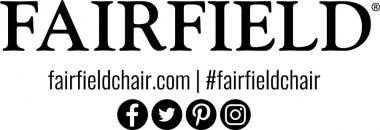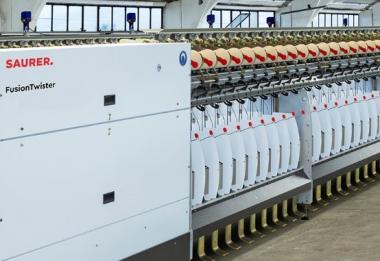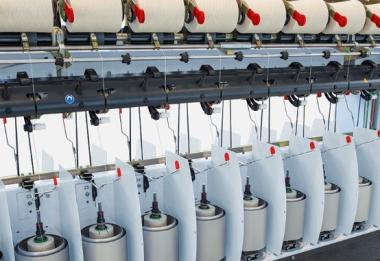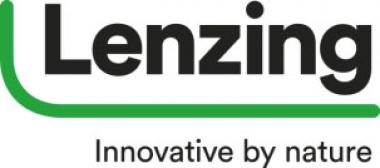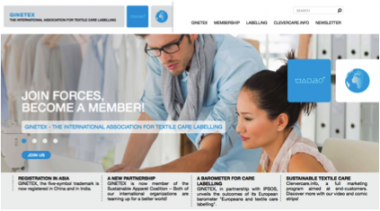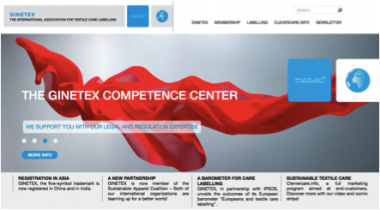NCTO welcomes President Biden’s action plan and Covid-19 Response
National Council of Textile Organizations (NCTO) President and CEO Kim Glas issued a statement today welcoming President Biden’s action plan and COVID-19 response, accompanied by a series of executive orders, including an order signed today to strengthen U.S. supply chains by directing federal agencies to use the Defense Production Act (DPA) to address shortages of personal protective equipment (PPE) and related vaccine supplies.
“We are closely reviewing President Biden’s national strategic plan to confront the pandemic and welcome the executive order signed today to strengthen our supply chains by directing all federal agencies to use the Defense Production Act to address shortages of personal protective equipment, vaccine supplies and essential products. These are important steps that will help ramp up critical manufacturing of these essential PPE products and other critically needed supplies like tests and vaccines.”
American manufacturers have been at the forefront of the effort to build a domestic PPE supply chain since the onset of the COVID-19 pandemic. The U.S. textile industry retooled production and operations virtually overnight, producing millions of face masks, isolation gowns, testing swabs and other critical medical textiles.
The industry is dedicated to making significant investments in automated equipment for PPE, but the industry needs long-term, multiyear contracts to help realize that investment.
The deployment of DPA is one of the critical tools that will help incentivize investment in equipment, propel the hiring of U.S. workers and expand these critical production chains.
Since its inception, the DPA has been utilized by the Department of Defense to make critical investments in domestic textile manufacturing infrastructure and capacity, creating private-public partnerships through the government’s capital investments under the DPA and guaranteeing purchases through long-term contracts.
NCTO applaud President Biden’s action and anticipate further steps including a reported order that will seek to strengthen government procurement of U.S. products in the coming days. NCTO appreciate President Biden outlining the “National Strategy for the COVID-19 Response and Pandemic Preparedness” a series of actions and steps the administration will undertake to deploy and manufacture the vaccine and other essential products.
National Council of Textile Organizations


















